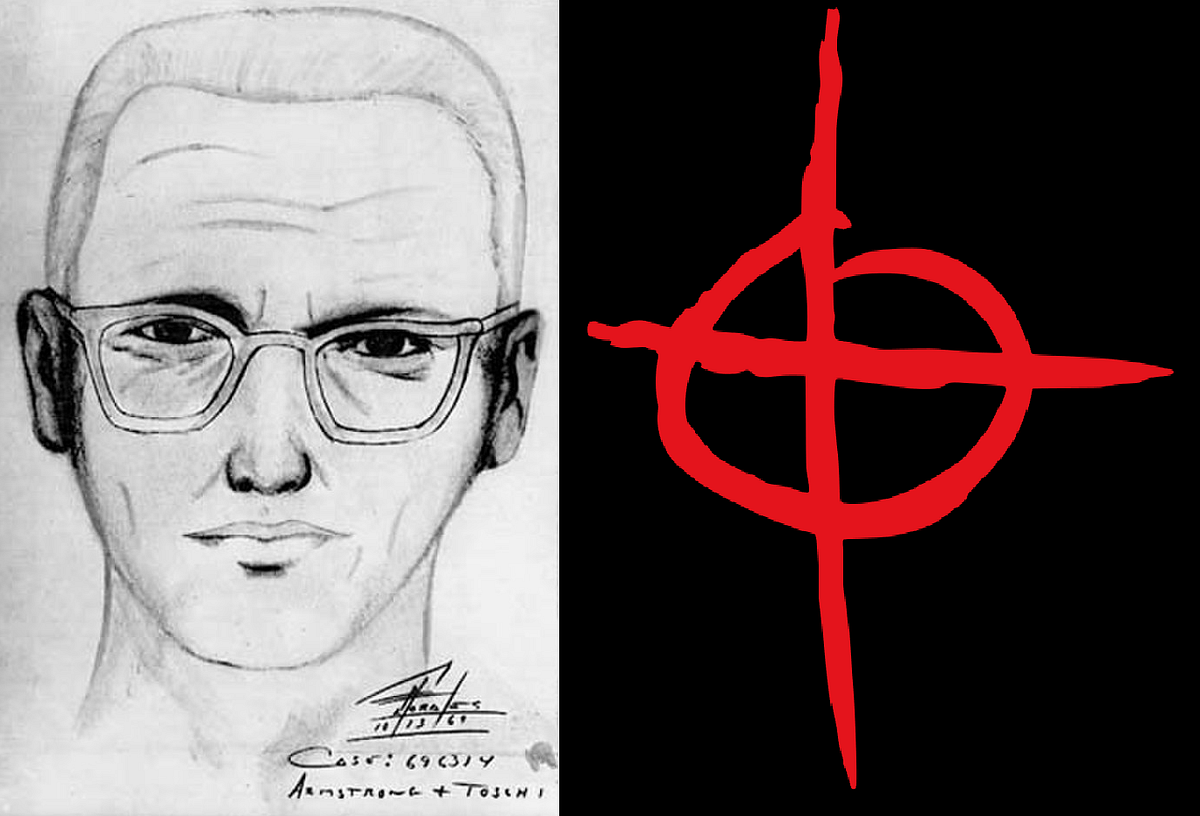

The Enigma Of The Zodiac Killer Identity
For over five decades, the Zodiac Killer has haunted the collective consciousness of America, leaving behind a trail of terror and mystery that continues to baffle investigators and enthusiasts alike. This notorious serial killer, who operated in Northern California during the late 1960s and early 1970s, is infamous for his cryptic letters sent to the press, taunting law enforcement and claiming responsibility for several brutal murders. Despite numerous investigations and countless theories, the true identity of the Zodiac Killer remains one of the most intriguing unsolved cases in American history.
As time passes, the fascination with the Zodiac Killer only grows, fueled by new advancements in forensic technology and the emergence of various amateur sleuths attempting to crack the code of his identity. The case has inspired books, documentaries, and films, all seeking to shed light on who this shadowy figure might be. With each passing year, the mystery deepens, drawing in new generations to speculate about the Zodiac Killer identity.
In this article, we will explore the various aspects surrounding the Zodiac Killer's identity, examining key evidence, potential suspects, and the cultural impact of this cryptic criminal. From the chilling details of the murders to the enigmatic letters he sent, we will delve into the many layers of this case and attempt to understand why it continues to captivate the public’s imagination.
Who Was the Zodiac Killer?
The Zodiac Killer is believed to have committed at least five murders between 1968 and 1969, primarily in the San Francisco Bay Area. His first confirmed victims were high school students Betty Lou Jensen and David Faraday, who were shot on December 20, 1968, near Vallejo, California. Over the following months, he would go on to murder Darlene Ferrin and Michael Mageau, as well as a young couple, Cecelia Shepard and Bryan Hartnell, who survived an attack but were left traumatized.
What Makes the Zodiac Killer Unique?
Unlike many serial killers, the Zodiac Killer is known for his communication with the media and law enforcement. He sent several letters, some of which included ciphers that he challenged readers to solve. One of the most famous letters, sent in 1969, contained a cipher that, when solved, revealed a disturbing message taunting the police. This penchant for theatrics and psychological manipulation set him apart from other criminals and added to the allure of his identity.
What Evidence Exists Regarding the Zodiac Killer Identity?
Over the years, various pieces of evidence have been collected in hopes of identifying the Zodiac Killer. Some of the most notable include:
- Eyewitness descriptions of the suspect, which varied significantly.
- Ballistics evidence linking certain murders.
- DNA evidence obtained from stamps on letters sent by the Zodiac.
- Numerous ciphers that have yet to be fully decoded.
Who Are the Main Suspects in the Zodiac Killer Identity Case?
Numerous individuals have been proposed as possible suspects over the years. Some of the most notable include:
Arthur Leigh Allen: A Controversial Suspect?
Arthur Leigh Allen was a convicted sex offender who became a prime suspect in the Zodiac case after a series of circumstantial evidence pointed toward him. He had a history of violent behavior, and some witnesses claimed he resembled the composite sketches of the Zodiac Killer. However, his death in 1992 left many questions unanswered, and DNA evidence ultimately failed to link him definitively to the crimes.
Could Other Suspects Be the Zodiac Killer?
In addition to Allen, other suspects have emerged, including:
- Jack Tarrance, a convicted murderer who had connections to the Bay Area.
- David Faraday’s brother, who claimed to have evidence linking him to the case.
- Various amateur sleuths who have put forth their theories based on circumstantial evidence.
What Role Did Forensic Technology Play in the Investigation?
Advancements in forensic science have played a crucial role in re-examining the Zodiac Killer identity case. Modern DNA analysis has allowed investigators to revisit evidence that was previously deemed inconclusive. In 2020, a team of cold case detectives used genetic genealogy to identify a suspect in the case, reigniting public interest in the Zodiac Killer's identity. This breakthrough illustrates how technology can breathe new life into cold cases.
How Has the Zodiac Killer's Identity Impacted Popular Culture?
The enigmatic nature of the Zodiac Killer has left an indelible mark on popular culture. Films like "Zodiac" directed by David Fincher and various documentaries have brought renewed attention to the case. The killer's letters and ciphers have inspired countless books and online forums where enthusiasts dissect every detail in search of answers. The Zodiac Killer identity has become a symbol of unsolved mysteries, capturing the imagination of those fascinated by true crime.
What Are the Implications of the Zodiac Killer Identity for Law Enforcement?
The ongoing mystery surrounding the Zodiac Killer identity raises significant implications for law enforcement agencies. The case highlights the importance of advancements in forensic technology and the need for collaboration between agencies. It also underscores the challenges of solving cold cases, especially when faced with the passage of time and evolving investigative techniques.
Conclusion: Will We Ever Know the Zodiac Killer Identity?
The question of the Zodiac Killer identity remains open-ended, and as time goes on, the likelihood of a definitive answer may diminish. Nevertheless, the case continues to evoke interest and speculation, with new theories and advancements in forensic science possibly paving the way for resolution. Whether the true identity of the Zodiac Killer will ever be revealed is uncertain, but the legacy of this haunting figure endures as a reminder of the darker aspects of human nature and the complexities of criminal investigations.
You Also Like
Nike Pickleball Shoes: The Perfect Blend Of Style And PerformanceExploring The Intriguing Plot Of Gladiator 2
Exploring The Excitement Of MD Pick 3: A Guide To Winning
Katy Perry's Dazzling Shoe Collection: A Fusion Of Fashion And Fun
Jump In Cast: A Dive Into The World Of Thrilling Performances



